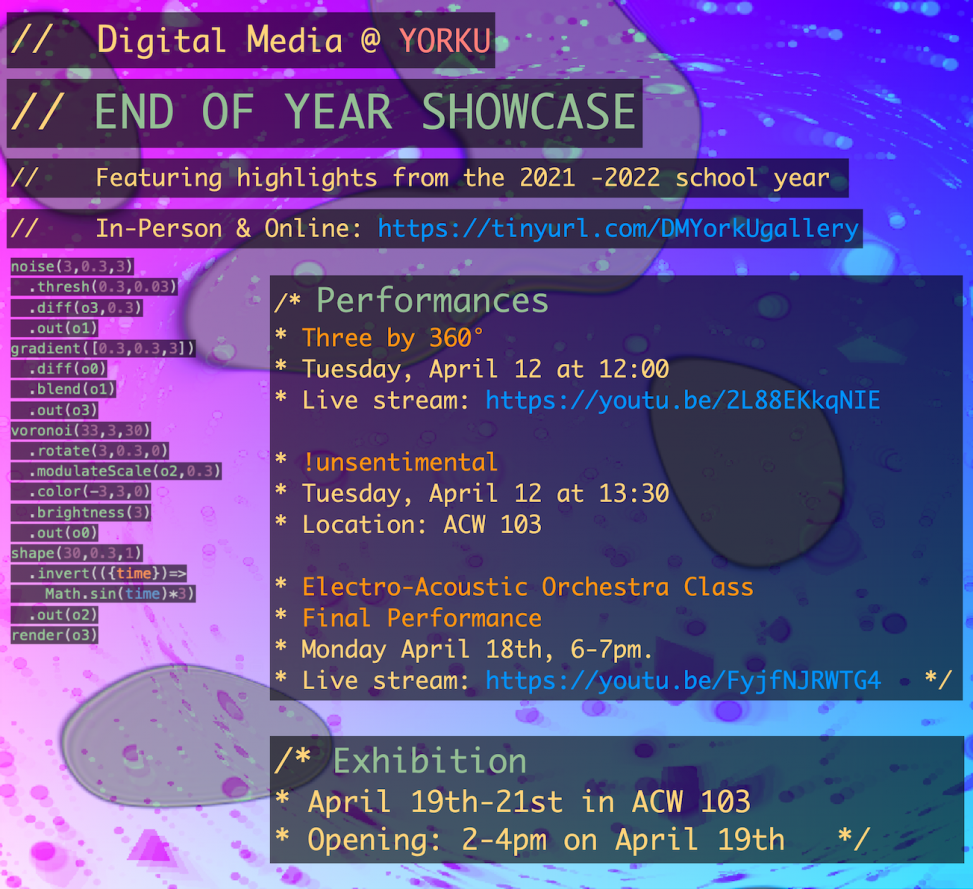Featuring highlights from the 2021 -2022 school year
In-Person & Online
April 19-26, 2021
About • Exhibition • Performances
About
This exhibition highlights of some of the best and most innovative work created by Digital Media students at York University from Fall 2021 through Winter 2022. The selection of works in this exhibition are representative of students from across our program, ranging from years one through four of the Undergraduate program, as well as works from Masters and Ph.D. The works presented here are in a wide variety of mediums and formats. From web-based, to electronic, to mixed reality, the common thread to most of these works is the computational basis in their conceptualization and realization. Most of the works presented here use content that is generated in real-time using algorithms as their creative toolset. All of the works embody computational thinking and aesthetics in their execution that include systems-based methodologies, hybrid art, and interdisciplinary approaches to making art.
Digital Media is a joint program between Computational Arts (School of Arts, Media, Performance, and Design) and Electrical Engineering and Computer Science (Lassonde School of Engineering) that mixes arts and media with engineering. In the program students use code and programming as tools for creative expression in forms such as immersive and 3D environments, interactive performance, data visualization, games and apps.
Exhibition
LE/EECS 4935 Digital Media Project (Capstone)
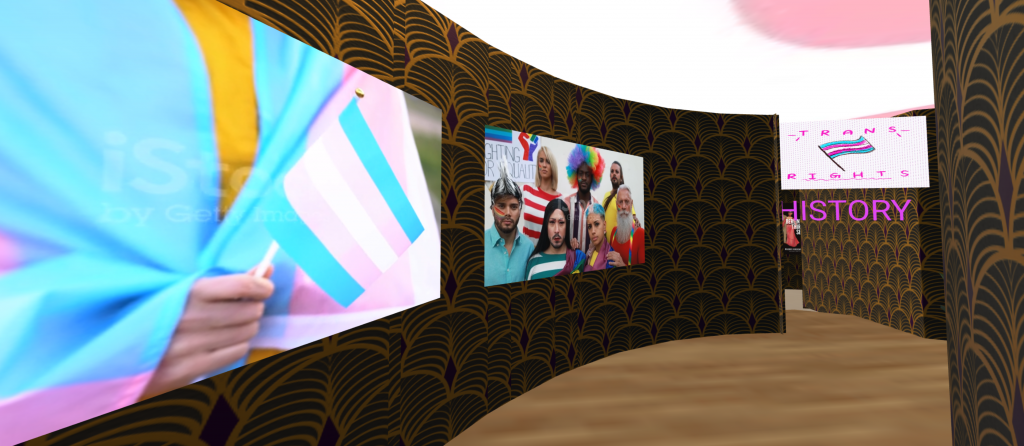
Course Director: Joel Ong
Works included:
Chinese New Year Universe
Huang Guanghao, Qi Ruilin, Li Yanyu, Weng Zhijian
Nomadic Cultural Work on the Struggle for Queer Liberation
Ashli Bravo, Daniel Rios, Julian Peralta, Shahrayar Rafiqui
Taichi 24-form
Chenxu Cui, Sheng Bi, Changyuan Huang, Ruiqi Gao
Virtual Communities Final Project : Jack.org York
Yihao Heliu, Yixuan Shan, Xiaoya Wang, Yingying Zheng
Examines the formation of communities and new theories of mobilization in the digital era. We will examine the recent history of digital media as a tool in the propagation of social advocacy and activism, focusing on the rise of a digitally networked public sphere through social media and mobile technologies that has come to shape contemporary social movements. We will look at the ways these emerging platforms have contributed to a growing resistance against systemic imbalances by bringing to attention issues in our policing and judicial systems, historical teachings and monuments, and the disparity in socio-economic impacts of global crises such as migration, climate change and public health. At the same time, the course will explore the limits of digital media activism through the censorship, marketing and manipulation of information online by governments and markets, as well as challenge the assumption of digital equality by critically reviewing accessibility and digital literacies in the community. Students will engage intentionally with these critical issues by thinking and prototyping new potential directions and strategies for social justice. The course will combine theoretical readings with analyses of historical movements that build on virtual communities for social justice and activism. Classes will also be supplemented by field trips, guest lectures and community-based activities. Students will work towards a summative art project/social media campaign that addresses a current social crisis through a mixture of digital approaches.
LE/EECS 4700 Digital Media Project (Capstone)
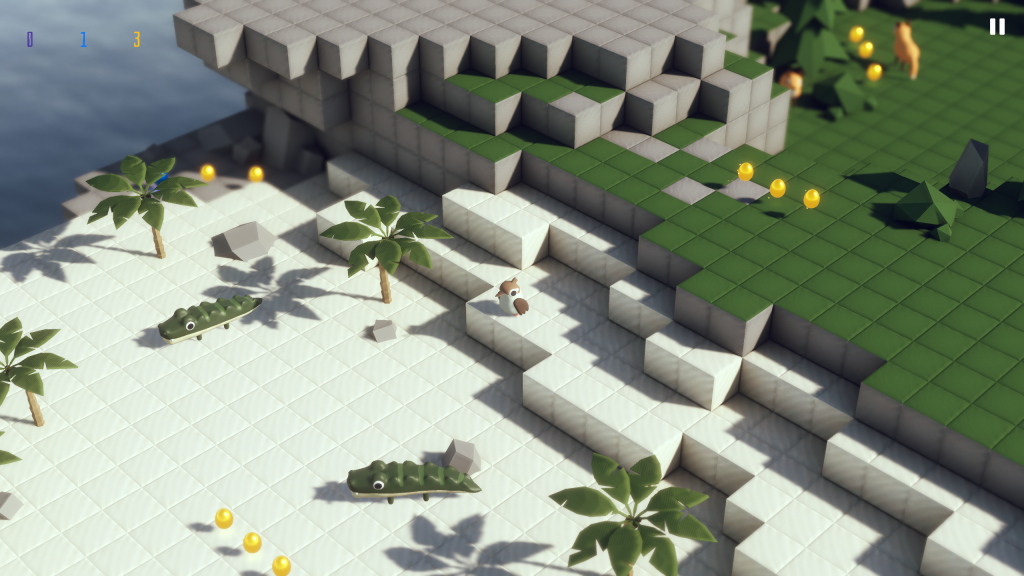
Course Directors: Petros Faloutsos, Joel Ong
Works included:
Choco
Alexandro Di Nunzio, Cindy Vu, Ramisha Wasim
Dream
Fahad Edward, Bartu Gurel, Ashton Wilks
Individual, Intimacy, Collective
Jiahui Han, Yalin Yang, Jialei Zheng
Regrowth
Jamie Choi, Jonathan Singh, Jiaqi Wang
This course involves the completion of a significant body of work in the area of Digital Media. The project will normally be a team project involving the development and analysis of a digital media work potentially having elements of interactivity, animation, 3-D graphics, and sound for example. The project will be presented at a public workshop towards the end of the year.
FA/DATT 4300 Game Development II
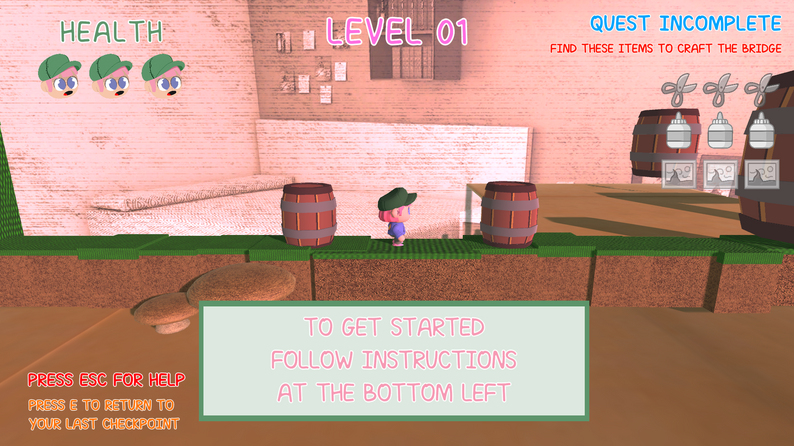
Course Director: Yifat Shaik
Works included:
Marble Madness Remake
Alexandro Di Nunzio, Hong Tran, Catherine Turuta, Cindy Vu, Ramisha Wasim
Runaway Toy
Dylan Ateba, Jelena Matic, Julian Peralta, Marcus Sett, Joshuah Shillingford, Teng Zhang
Advanced topics in game development and implementation such as game engine techniques, game engine scripting, prototyping, player controls, and level design building on previous courses in game development and game mechanics. Advanced hands-on approach to the study and practice of games, gamification, and game play and their use in various applications, including video games, simulations, serious gaming, and art making contexts. Further explores new and cutting edge trends in gaming, such as in the areas of alt gaming, queer games, Not Games, and urban gaming where the potential and boundaries of games and game play are being challenged and tested.
FA/DATT 3930 Screen-Based Fluid Interfaces
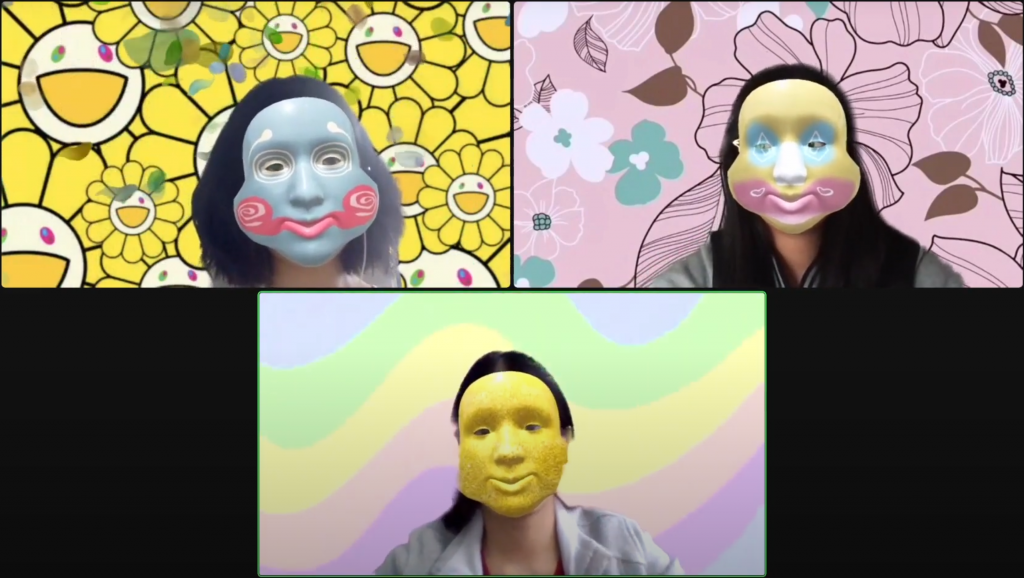
Course Director: Donald Sinclair
Works included:
YOUnique
Alexis Estropia, Jiani Li, Chi Nguyen, Xiaoyao Ren
Looks beyond the vocabulary of the point-and-click gesture to fluid mouse gestures in interactive new media art. Fluid mouse gestures, those that involve reacting to movement, provide a vast array of possibilities to generate complex meaning.
FA/DATT 3701 Collaborative Project Development in Games
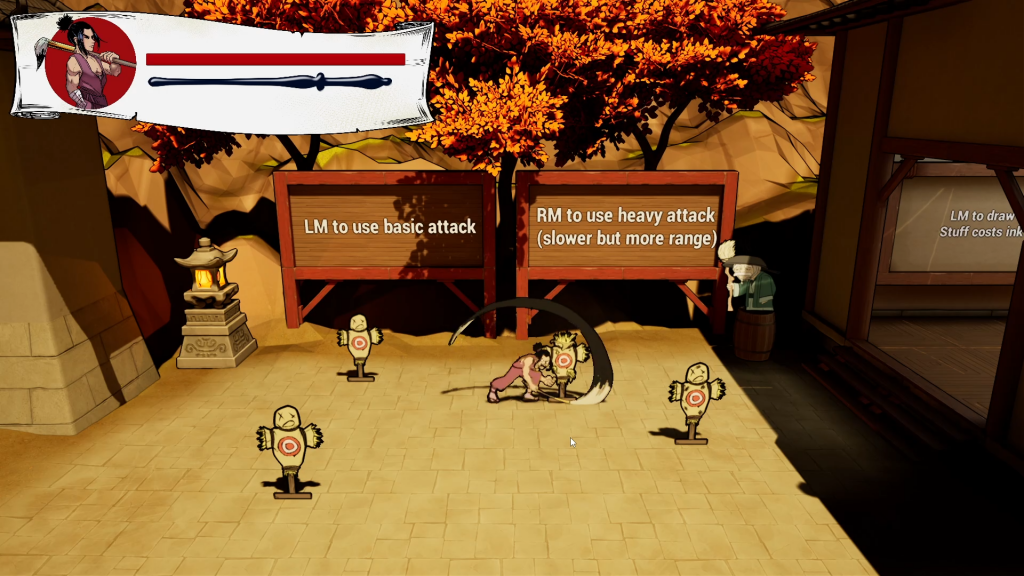
Course Directors: Yifat Shaik and Sagan Yee
Works included:
Senryo
Nikolas Chiu, Allen Dai, Reyhan Ismail, Bao Nguyen, Christian Pomponio, Maykel Shehata
Traffic Jam
Julianna Da Silva, Daniel Hayward, Zhengrui Li, Arshad Ousmand, Julian Peralta, Xinyang Wang
The entire class collaborates on the realization of one or two ambitious game projects. Students will work together as a development team by taking on roles where they focus on specific aspects of the project (such as Director, Designer, Artist, Programmer, Level Designer, Sound Designer, Publicity). The development team structure is modeled on teams used in large-scale project development within fields related to games that rely on multi-stakeholder collaboration and interdisciplinary research. Projects may incorporate partnerships with York-based Faculties, Departments, or research teams depending on the focus of the project. The nature of the project will vary from year to year, but will be a significant work in the field of games. The Instructor(s) will prepare a general description of the project(s) at the beginning of the course. The details of the project(s) will be developed as part of the class activities. As part of the project development and execution students will be expected to prepare presentations, posters, and a written paper. The culmination of this course will be a final presentation, which will be open to the public. In addition to group assignments, students are evaluated based on their individual contribution, teamwork, presentations, and other deliverables as appropriate.
FA/DATT 3700 Collaborative Project Development
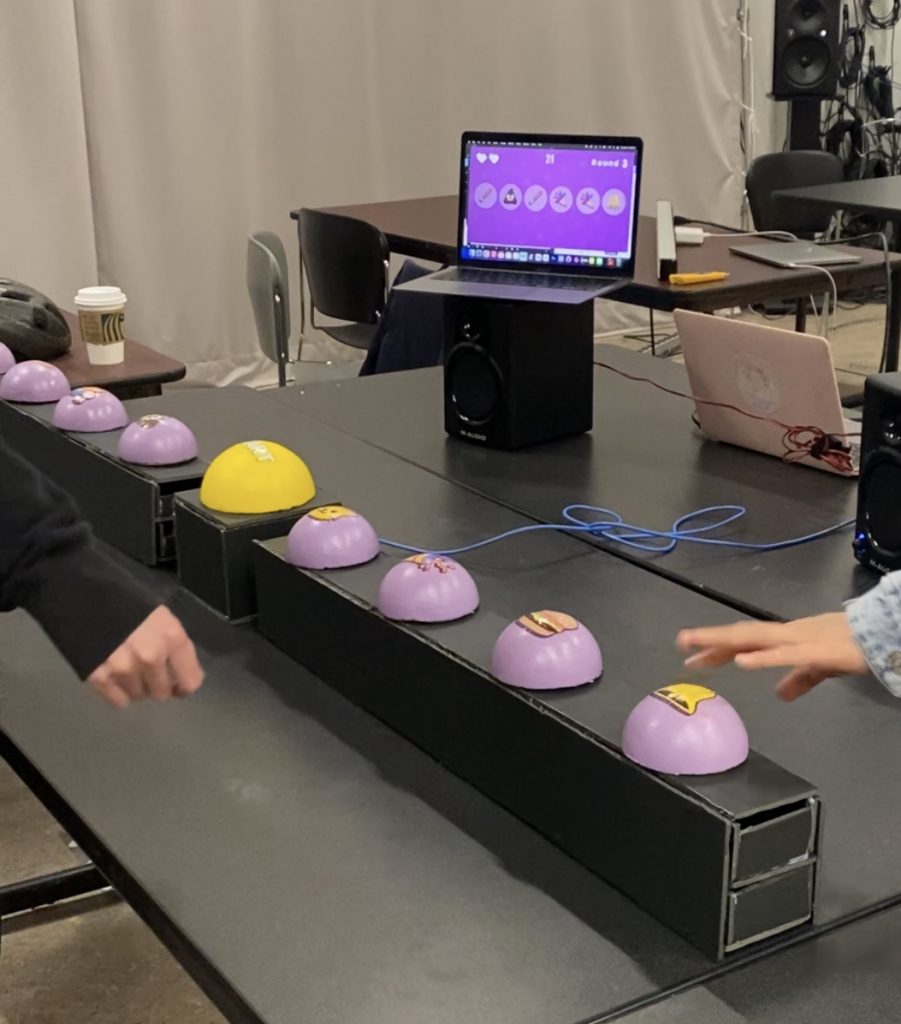
Course Directors: Aimée Mitchell and Dafydd Hughes
Works included:
Not Simon
Alice Chai, Haris Cheema, Jingwen Deng, Adrian Fearman, Aaron Hernadez, Jelena Matic, Michael Rizza, Joshuah Shillingford, and Yuxuan (Rain) Wang
We Meet
Jingkun Cheng, Haozhang Dang, Xuan Han, Jiani Li, Qijin Li, Xuemeng Li, Tingyu Tang, Jiahui Wang, and Honglei Xin
The entire class collaborates on the realization of one or two ambitious projects. Students will work together as a development team by taking on roles where they focus on specific aspects of the project (such as Director, Designer, Artist, Programmer, Sound engineer, Interaction Designer, Publicity). The development team structure is modeled on teams used in large-scale project development within fields related to Digital Media, such as contemporary art practice, game development, creative software development, and interactive experience development that rely on multi-stakeholder collaboration and interdisciplinary research. Projects may incorporate partnerships with York-based Faculties, Departments, or research teams depending on the focus of the project. The nature of the project will vary from year to year, but will be a significant work in the field of Digital Media. The Instructor(s) will prepare a general description of the project(s) at the beginning of the course. The details of the project(s) will be developed as part of the class activities. As part of the project development and execution students will be expected to prepare presentations, posters, and a written paper. The culmination of this course will be a final presentation, which will be open to the public. In addition to group assignments, students are evaluated based on their individual contribution, teamwork, presentations, and other deliverables as appropriate.
FA/DATT 3300 Game Mechanics
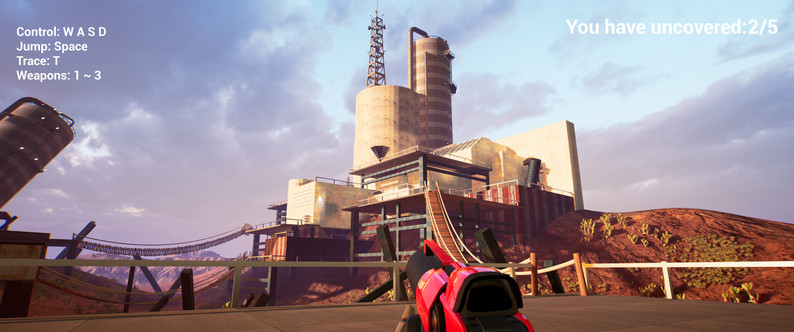
Course Director: Yifat Shaik
TA: Gillian Blenkkenhorst
Projects link: http://dmgallery.apps01.yorku.ca/2021-2022-datt-3300-game-mechanics/
Works by: Allen Dai, Murley Herrle-Fanning, Ruilin Lan, Clarissa Li
Explores the rules and procedures followed by players and games-more broadly and not limited to computer games-that are the building blocks that make up gameplay. Students look at the various aspects of game mechanics; what they are, how they can be formed, how they interact with each other, what values they transmit and topics relating to the application of game mechanics. Examines system dynamics, balancing luck and skill, cooperation and competition, in variety of gaming and non-gaming contexts. Students will prototype, test, and implement mechanics in games and learn how to visualize, simulate and operationalize game mechanics. Topics include: emergent gameplay, balancing game mechanics and level design, and scripted events vs. dynamic progression systems.
FA/DATT 2501 Introduction to 3D Animation

Course Director: Joe Hambleton
TA: Ilze Briede
Projects link:
http://dmgallery.apps01.yorku.ca/2021-2022-datt-2501-introduction-to-3d-animation/
Works by: Anna Chistiakova, Benjamin Giannis, Ian Ge, Julia Le, Seadric Macawile, Ashley Thong, Cindy Vu
Provides a foundation in 3D animation using state of the art render time 3D modelling and animation software such as Maya, Blender, and 3DS Max. The course will provide a survey of various animation techniques and approaches with an emphasis on render time animation as it is used in 3D art, 3D animation, data visualization and games. Topics include, scene building, character animation, timeline based animation techniques, and the use of 3D graphics in simulation and visualization.
FA/DATT 2500 Introduction to 3D Modelling

Course Director: Joe Hambleton
TA: Ilze Briede
Projects link: http://dmgallery.apps01.yorku.ca /2021-2022-datt-2500-introduction-to-3d-modelling/
Works by: Ammara Khalid, Elyssa Lam, Philip Nguyen, Madison Ocampo, Stephanie Pugh, Sydney Simota, Ashley Thong, Christina Thuch, Hoi Tung Wu
Provides a foundation in 3D modelling using state of the art render time 3D modelling software such as Maya, Blender, and 3DS Max. The course will provide a survey of various modelling techniques and approaches with an emphasis on modelling used in 3D art, 3D animation and games. Topics include photorealistic rendering, scene building, character modelling, and the use of 3D graphics in simulation and visualization.
FA/DATT 2010 Physical Computing II
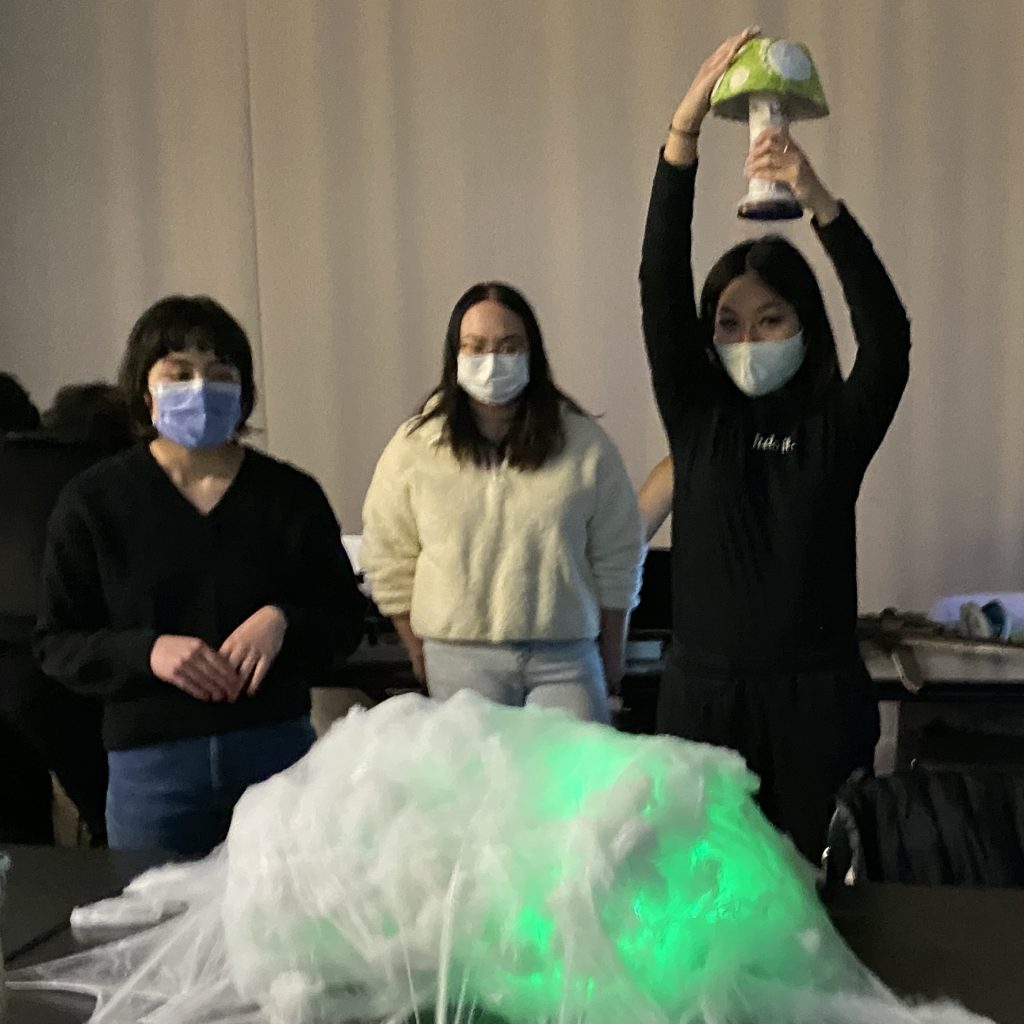
Course Director: Aimée Mitchell
Works included:
Fungus Among Us
Thalia Godbout, Joseph Lawlor, Joshuah Shillingford, and Anne Vu
Stars of Fate
Urshita Bharal, Phoebe Nguyen, Suyash Singh, and Erica Wellman
Builds on the material covered in Introduction to Physical Computing to explore new forms of engagement and interaction in specific areas including: wearable computing, wired and wireless communication, and instrument creation. Students will develop a larger work for public presentation.
Performances
2020-2021 :: DATT 3931/4931 Collaborative Performance Project I & II
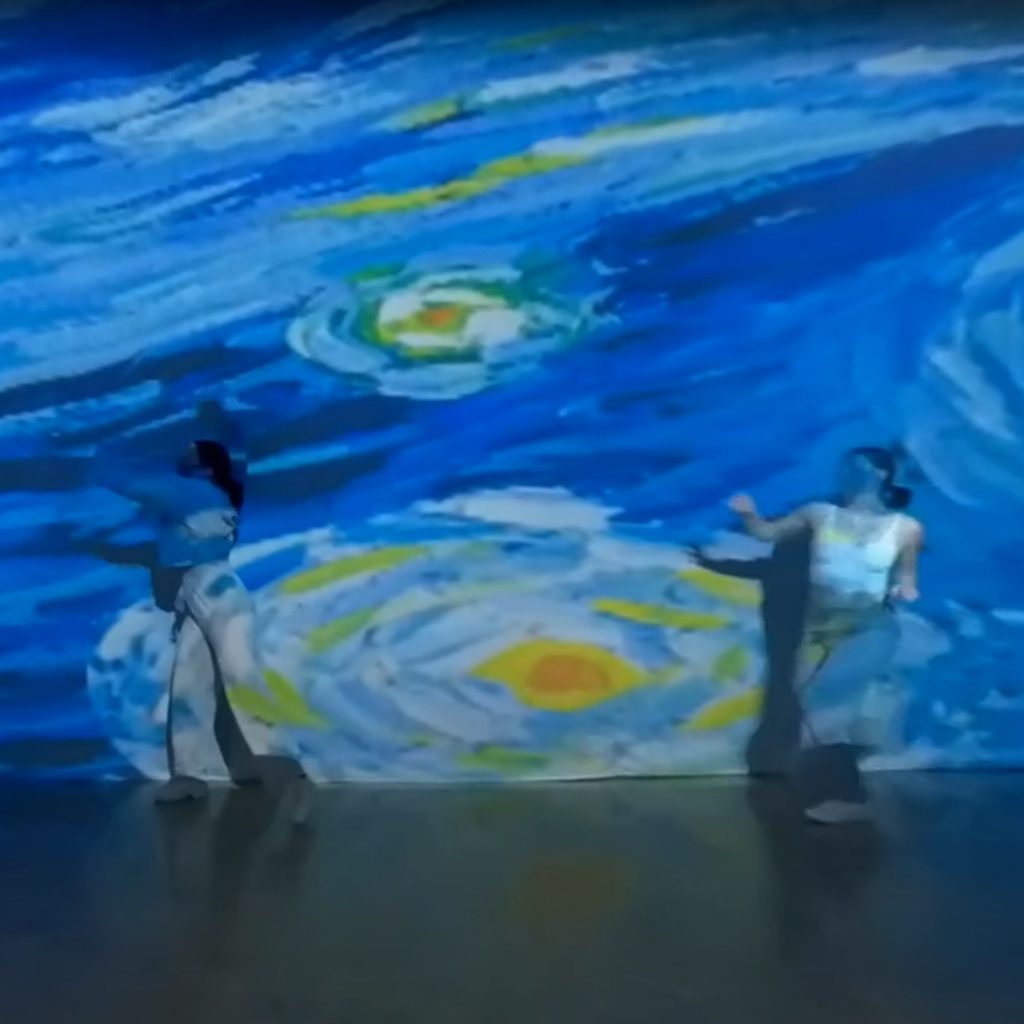
Course Directors: Susan Lee and Don Sinclair
Project link: http://dmgallery.apps01.yorku.ca/2021-2022-datt-3931-4931-collaborative-performance-project-i-ii/
Works included:
Life Imitating Art
Creation Team: Sophia Abbas, Youssef Abdelbaset, Kelsey Bonvie, Olivia Burling, Reece Caldwell, Blythe Russell, Yuzhi Shen, Zuri Skeete
Today : Tomorrow
Creation Team: Gabriela Brathwaite, Sydney Cobham, Nicole Faithfull, Qijin Li, Jessica Saftu, Maykel Shehata, Emily Williams
Plastic Whale
Creation Team: Rayn Cook-Thomas, Xuemeng Li, Zeynab Mahdi, Bethany McMorine, Hannah Petrie, Abigail Richens, Derek Souvannavong, Bayley Wyatt
In this course students work on a large scale project in collaboration with the Departments of Dance, Theatre, and/or Music. Students engage in a collaborative interdisciplinary artistic creation process with students from participating departments under the direction of an Artistic Director(s). The final project is typically presented in one of AMPD’s large performance facilities.
For inquiries regarding this initiative, please contact:
Mark-David Hosale, Ph.D. – mdhosale@yorku.ca
Associate Professor and Chair, Computational Arts
Digital Media Program
School of Art, Media, Performance and Design
York University, Toronto
4700 Keele Street .:. 228 Goldfarb Centre for Fine Arts .:. Toronto ON, M3J 1P3 Canada
http://computationalarts.ampd.yorku.ca/

